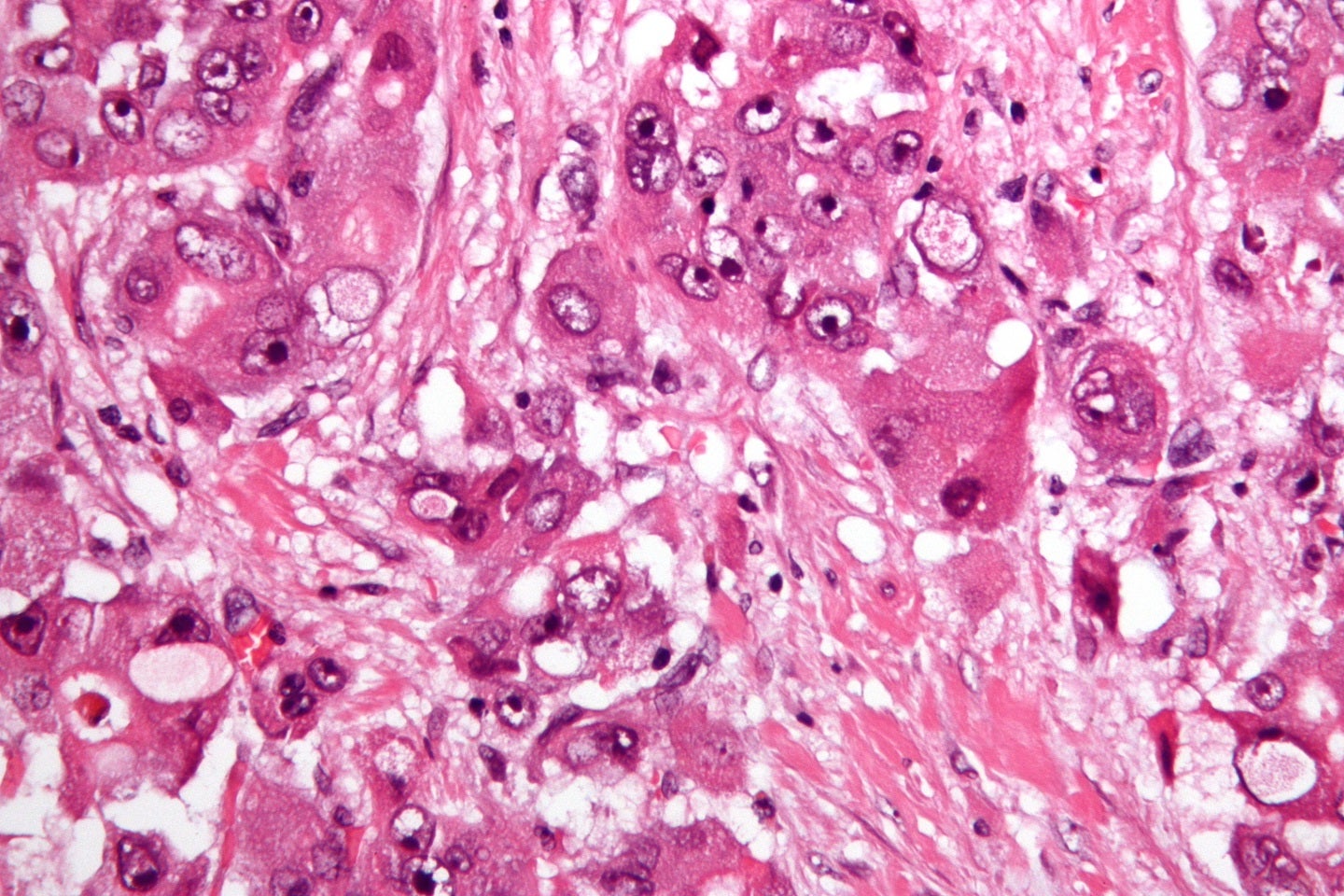

Shanghai Cellular Biopharmaceutical Group has unveiled results from a Phase I trial assessing C-CAR031 for the treatment of advanced hepatocellular carcinoma (HCC).
C-CAR031, an autologous GPC3-directed second generation armoured CAR-T with affinity-tuned single-chain variable fragment (scFv) to improve its safety profile, has been developed on the basis of a new cell therapy designed by AstraZeneca.

Discover B2B Marketing That Performs
Combine business intelligence and editorial excellence to reach engaged professionals across 36 leading media platforms.
Early findings from the first-in-human (FIH) trial showed that C-CAR031 was so far well tolerated with significant anti-tumour activity and objective responses in various patients.
The types of patients included three with confirmed partial responses, two with stable disease and one with progressive disease as per RECIST v1.1 and mRECIST criteria.
The clinical responses of the patients who attained partial responses are currently going on until the data cut-off date.
As on 2 March 2023, seven patients were treated with two dose levels of C-CAR031.

US Tariffs are shifting - will you react or anticipate?
Don’t let policy changes catch you off guard. Stay proactive with real-time data and expert analysis.
By GlobalDataThe median number of prior lines of therapies was four, with 77 days of median follow-up.
Satisfactory safety profile was reported at evaluated dose levels of the trial.
The results also showed that 86% patients had Gr1/2 cytokine release syndrome (CRS). No dose limiting toxicities (DLT) or immune effector cell-associated neurotoxicity syndrome (ICANS) was reported.
C-CAR031 demonstrated a solid cellular kinetic profile.
Shanghai is currently conducting a trial at The First Affiliated Hospital, Zhejiang University School of Medicine in Hangzhou, China.
The trial aims to examine the feasibility, safety and initial efficacy of C-CAR301 in the targeted patients.
Cell & Gene therapy coverage on Clinical Trials Arena is supported by Cytiva.
Editorial content is independently produced and follows the highest standards of journalistic integrity. Topic sponsors are not involved in the creation of editorial content.

